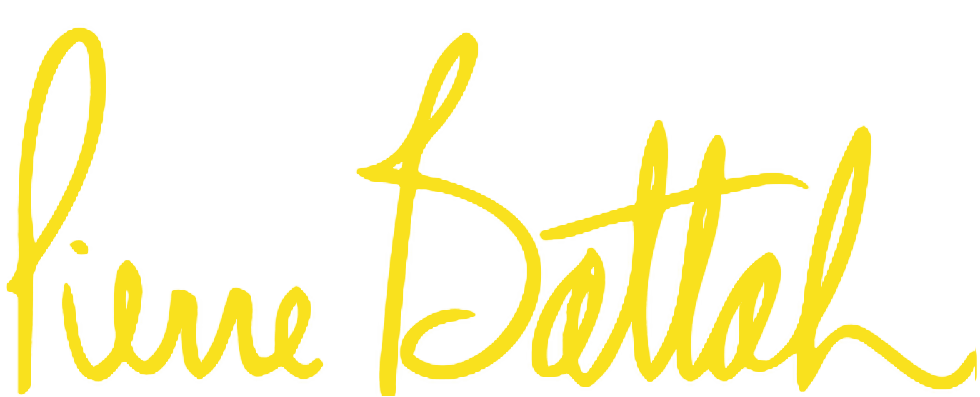Annoying Your Co-Workers to Increase Productivity
“Sometimes you need to be alone, shut the door and unplug the phone.”
- George Ezra, UK singer-songwriter from the song 'Don't Matter Now.'
Many workers need to concentrate intensely to get their work done. Yet, workplace design, technology and our colleagues conspire to distract us. This has never been truer given workplace layouts, the notifications our phones and computers generate (and our brains love) and how we've convinced ourselves our entourage requires a rapid response to everything all the time.
If you work with your brain, and most of us do, distractions are problematic as they sap the finite resource between our ears. The energy required to restart our concentration after being distracted by checking email, talking to a colleague or responding to a phone notification is significant. Worst, the time it takes to get our brain back to pre-distraction concentration is considerable, with some research showing as much as three to four times the length of the distraction. No wonder your head hurts and your willpower to stay focused (or resist donuts) diminishes as the day progresses.
Crafty people and others who work with their hands figured this out long ago. When is the last time you saw a welder with an eye on their Facebook feed and a hand on a welding torch? Knowledge workers could learn a lot from the disciplined focus, and concentration tradespeople demonstrate every day.
Here are a few steps to counter the productivity robbing and brainpower depleting distractions:
Carving out, scheduling and protecting time for focused concentration
Removing yourself from the hubbub works (I always wanted to use hubbub in a sentence). Employers are increasingly amenable to working from home or another location to accomplish those specific tasks requiring quiet and full attention. Thankfully modern office designs include more and more quiet spaces for meetings or focused work that can be reserved.
Email batching
Evidence from researchers at UBC equates increased levels of workplace stress to how often you check emails. Practitioners of email batching schedule (in their agenda) 2-4 windows per day when they do (nothing but) emails. This requires you to refrain from believing the world will stop if you don't respond in milliseconds. You may indeed annoy others. Check that. You will annoy those conditioned to rapid-fire email responses from you, and they'll get used to it.
To those who insist that their world needs a rapid response given how critical their role is (if I knew you better, I would say get over yourself); but seriously, it may be appropriate to negotiate response times with clients, bosses and colleagues. Better to disappoint some folks by responding a few hours (not days) later and delivering required results over pleasing yourself and others but not delivering on the work that needs deep thinking. Even worse is dragging unfinished work home at night (real work or anxiety-filled ruminations about the work) and blaming distractions; you could manage otherwise with a bit of discipline, scheduling and systems.
Notification-free zones
Turn off the notifications on everything and learn to ignore the urge to constantly check the stuff that beeps, vibrates, and sings you a song. You are rewarding the same part of your brain that enjoys sugar (evil) and indulging in a very destructive habit that is killing your focus and productivity.
Devise an end of workday mantra to tell your brain your work is done for today
Noted author, computer science professor and anti-distraction crusader Cal Newport sheepishly admit his end-of-day routine is to rise from his chair and boldly proclaim, "System Shutdown Complete ." He's referring to himself, not his computer. It's a playful but clear signal to his brain that it's now time to recharge with food, family and leisure, not to mention much-needed sleep. He makes a compelling case for why you'll be way better off tomorrow by doing a deliberate work shutdown at day's end. His book Deep Work-Rules for Focused Success in the Age of Distraction is chalked full of other helpful strategies.
Bad habits regarding distractions are destructive to our well-being and our productivity. As leaders, when we model such behaviour, we infect others. Some distractions will always creep in regardless of your good habits. By "shutting the door and unplugging the phone," you give yourself a chance to minimize the productivity robbing nature of workplace distractions substantially. It's 3:30, time to check the afternoon's email batch.
